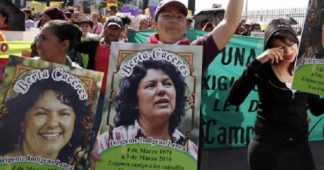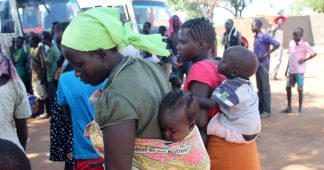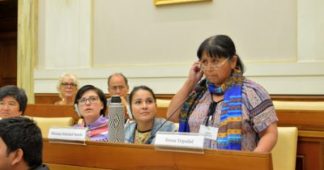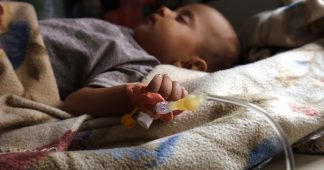Indigenous women experience exponentially higher rates of violence, which often goes unaccounted for. The MMIW Database seeks to fill these gaps in data by logging cases of missing and murdered indigenous women, girls, and two spirit people. There are many lists and sources of information online, but no central database that is routinely updated, includes both Canada and the US, and thoroughly logs important aspects of the data, and overall, there is a chronic lack of data on this violence. The database works to address that need, by maintaining a comprehensive resource to support community members, advocates, activists, and researchers in their work towards justice for our stolen sisters.
For more information on the MMIW Database, please see mmiwdatabase.com, or contact us at mmiwdatabase@gmail.com.
In the US, murder is the third-leading cause of death among American Indian women, the rate of rape on some reservations can be ten times higher than the national average, and Native women and girls are highly overrepresented in cases of missing persons (for example, in Montana, Native people make up 8% of the state population, and yet 40% of the state’s missing girls are Native). A complex maze of jurisdictional policies and institutionalized violence means much of this violence is not only not addressed, but not documented.
The database works to address the lack of data, by maintaining a comprehensive resource to support community members, advocates, activists, and researchers in their work towards justice for our stolen sisters. There are currently over 2,600 cases in the database, though we estimate that we are missing over 20,000 more. Filing records requests has allowed us to access some of the historic data that is not easily found online, and fill in those gaps in data. It has also helped us in advocating for changes in law enforcement protocol regarding MMIW cases, better data management practices on violence against indigenous women, and even new additional research projects aimed at preventing future violence. Please help us continue that work by contributing to funding to support continued records requests!
For more information on the database, please see our website, at mmiwdatabase.com. You may also contact us directly at mmiwdatabase@gmail.com.
The database has been built and maintained by Annita Lucchesi, a Southern Cheyenne doctoral student. Annita is a survivor of domestic and sexual violence, and is doing her dissertation research on community projects mapping this data. For more information about Annita, visit her website at annitalucchesi.com.
Published at https://www.muckrock.com/project/











